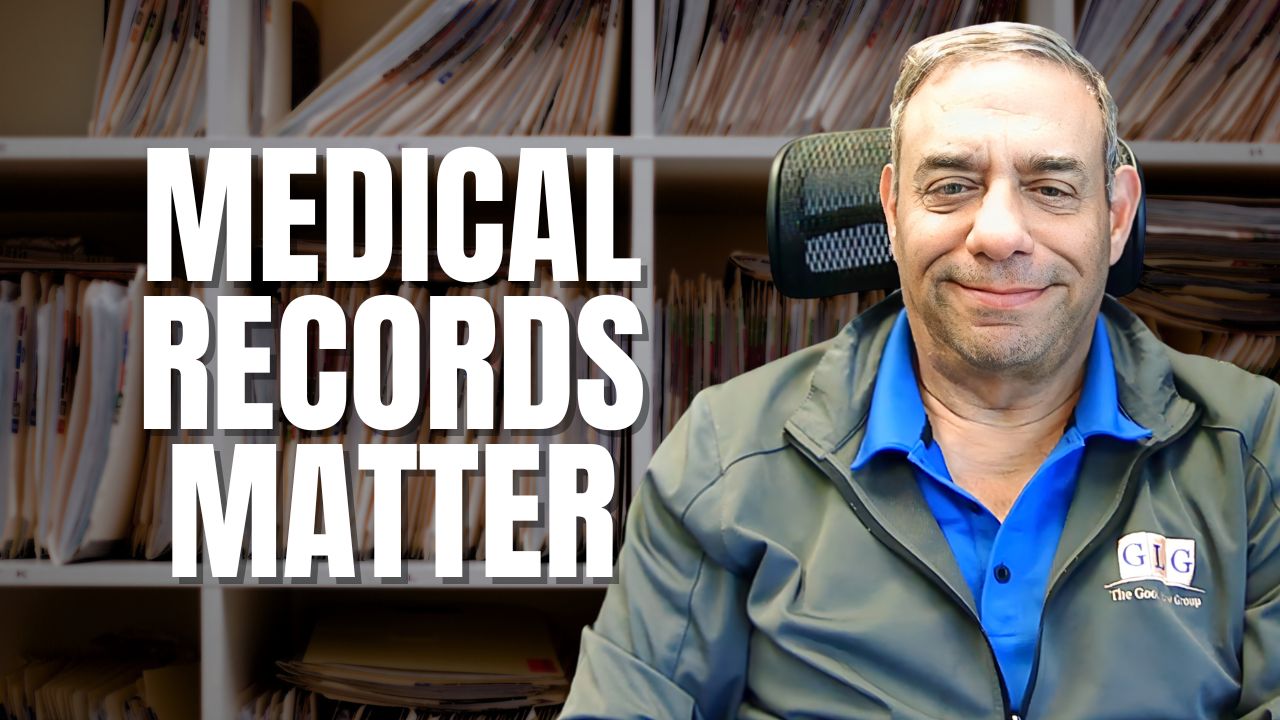While a large amount of Social Security Disability (SSD) applications are denied in the very early stages of the application process, not all of these denials are made because the applicants do not meet the Social Security Administration’s (SSA) definition of disability. In fact, many of these early denials are made because the applicants are not technically eligible for SSD benefits. Learn more about these technical denials to know whether you meet the technical criteria for SSD benefits.
What is a technical denial?
A technical denial is made when an applicant does not meet the SSA’s basic, non-medical criteria for SSD benefits. If the SSA finds that an applicant is ineligible for SSD benefits and should receive a technical denial, the SSA will determine the technical denial before reviewing any of the applicant’s medical evidence.
What triggers a technical denial?
There are a number of reasons that the SSA might determine that an application merits receiving a technical denial.
The applicant earns too much income
For both the Social Security Disability Insurance (SSDI) and Supplemental Security Income (SSI) programs, applicants who are currently working are not eligible for disability benefits if they are earning more than the substantial gainful activity level each month. The SGA level is currently $1,090 a month. As a result, if an applicant earns more than $1,090 a month, the SSA would issue the applicant a technical denial.
The SSD applicant did not work long enough
One of the most common reasons an applicant receives a technical denial for SSDI is because the person has not worked long enough to be covered under the program. People earn work credits [https://www.socialsecurity.gov/planners/credits.html#&a0=2] throughout their careers and the number of credits needed to receive disability benefits depends on how old you were when you became disabled.
The applicant has not worked recently
As a general rule, an applicant must have worked for five out of the last 10 years to be able to qualify for SSD benefits. Not working in the last five years can cause a person’s SSD insurance coverage to lapse. If it appears that the applicant was not disabled before the date he was last insured, he or she would receive a technical denial for SSDI benefits.
What to do if you receive a technical denial for your SSD case
For the most part, technical denials cannot be appealed. For example, if an applicant does not have enough work credits to qualify for SSDI, appealing the decision will not change the underlying fact that the applicant does not have enough work credits.
However, if the SSA issued a technical denial due to an error, such as if it incorrectly evaluated the applicant’s income or assets, an appeal can be filed and can be successful. Keep in mind that appeals must be filed within 60 days of the date they are received. If you have received a technical denial due to an error, consider hiring an experienced Social Security Disability attorney to help you through the appeals process.
If you would like to learn more about technical denials and how the Law Office of Neil H. Good can help, please contact us at #(847) 577-4476 or fill out this form for a free case evaluation.








